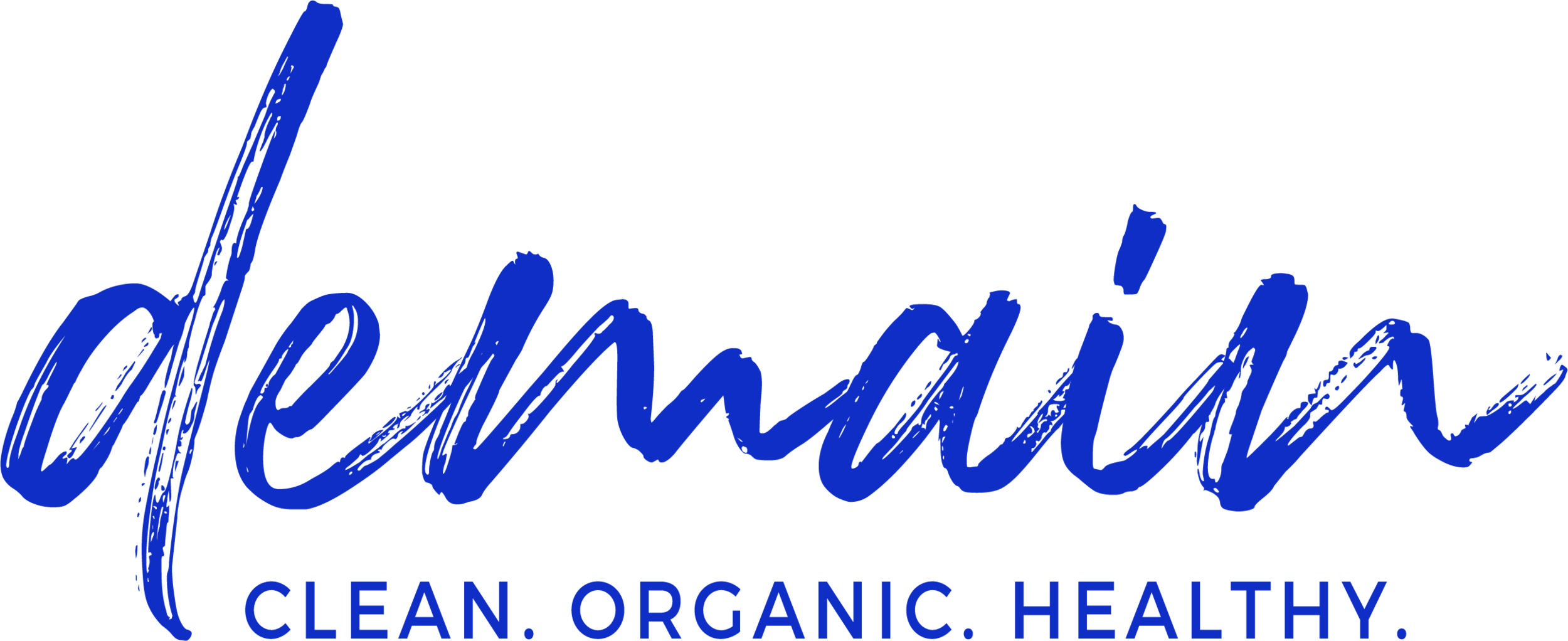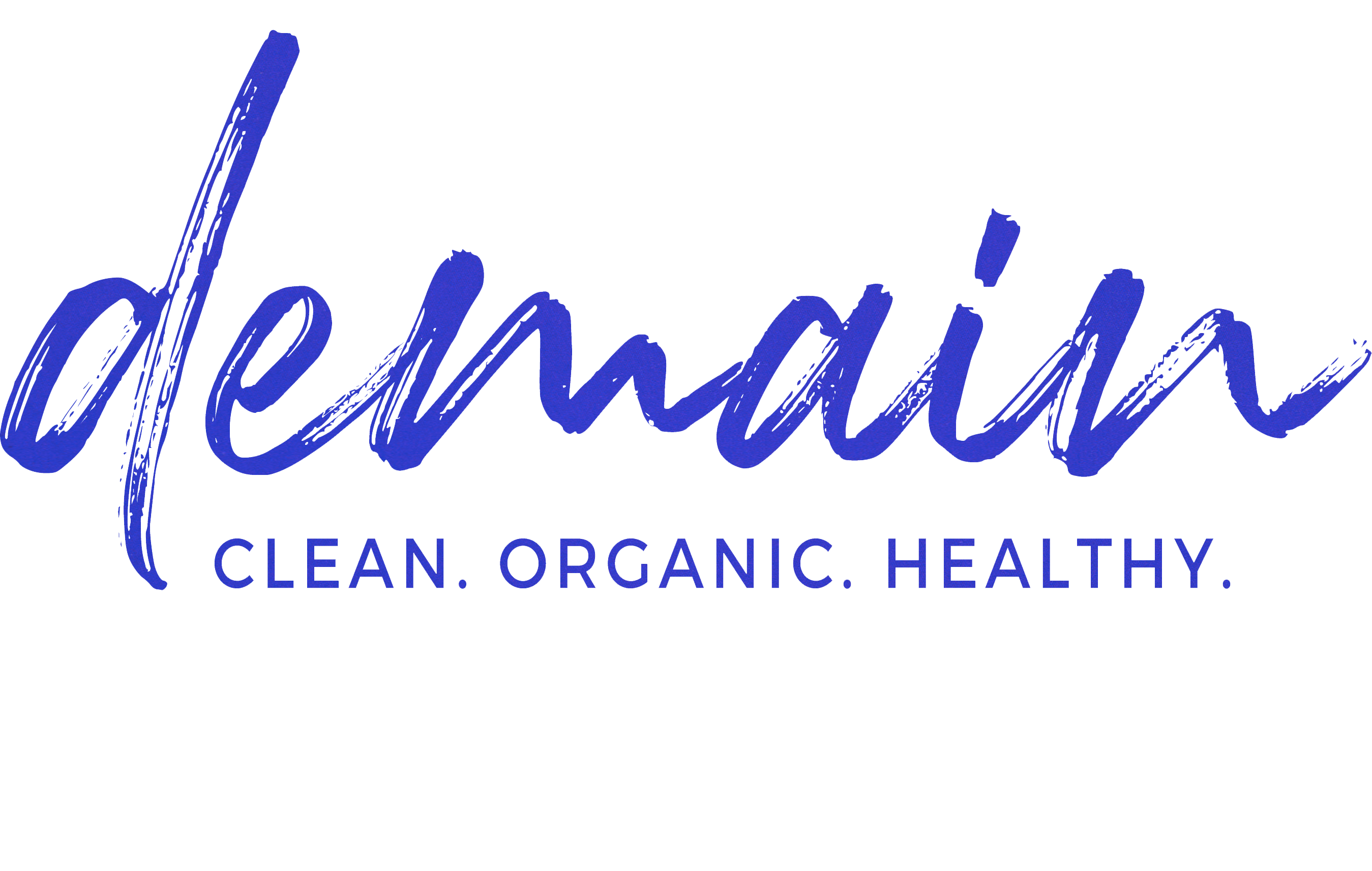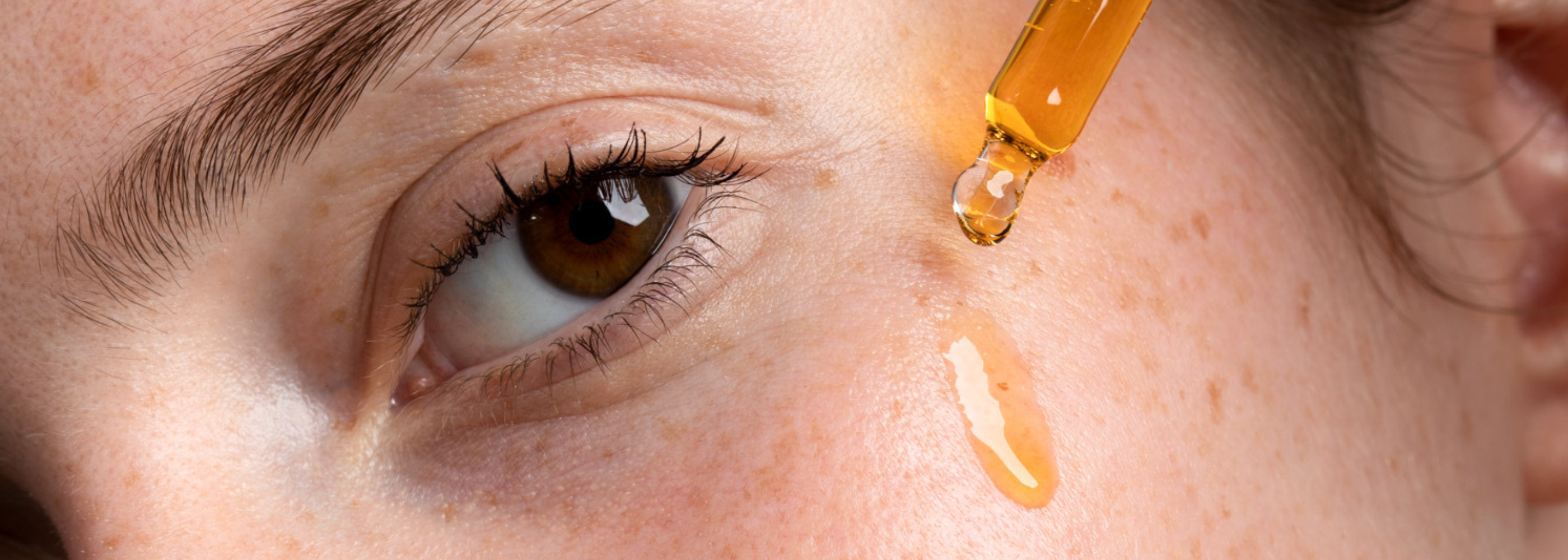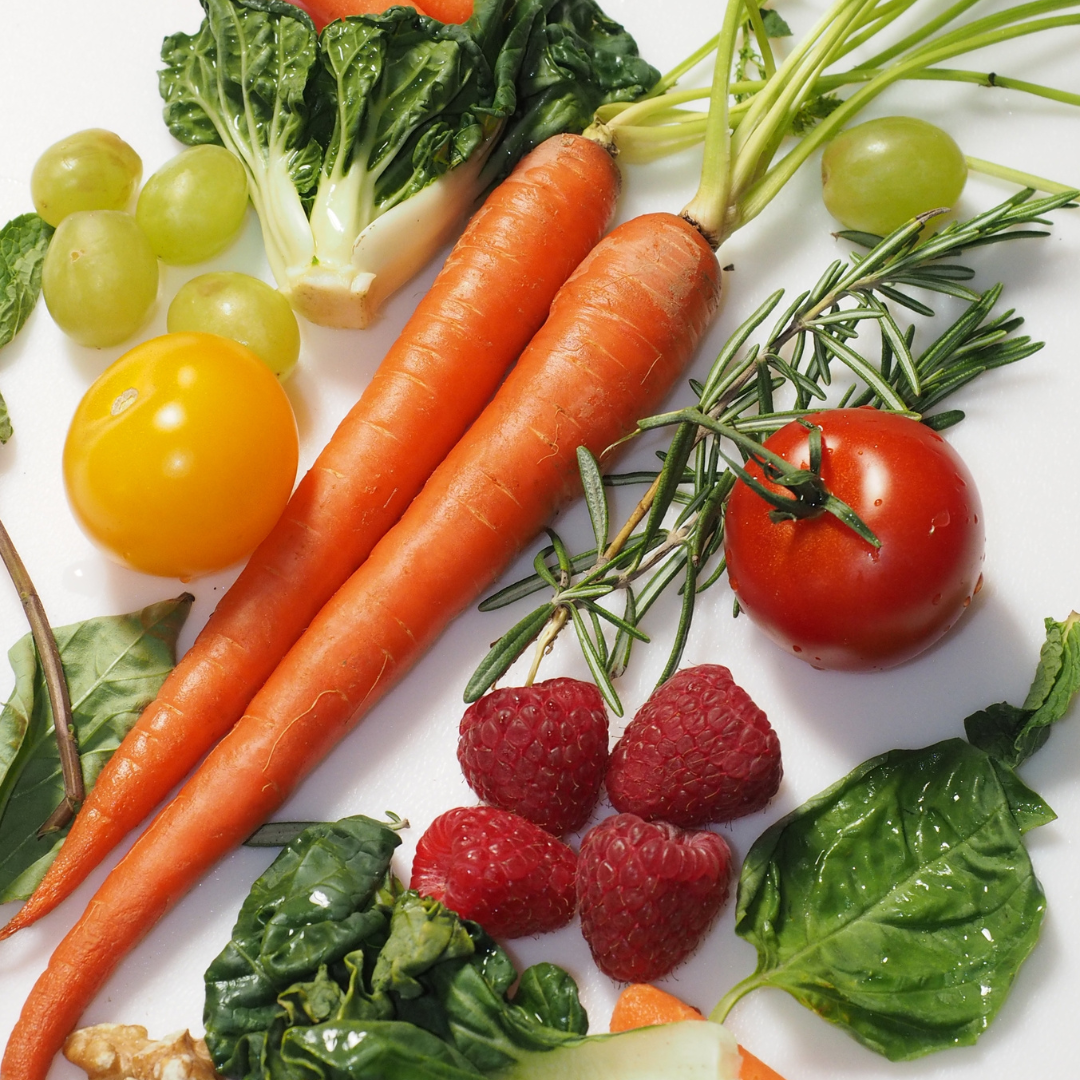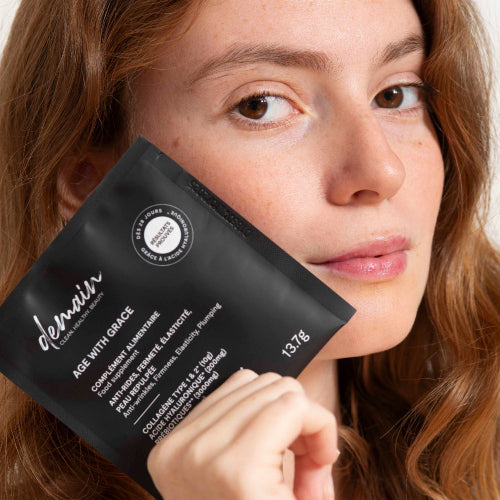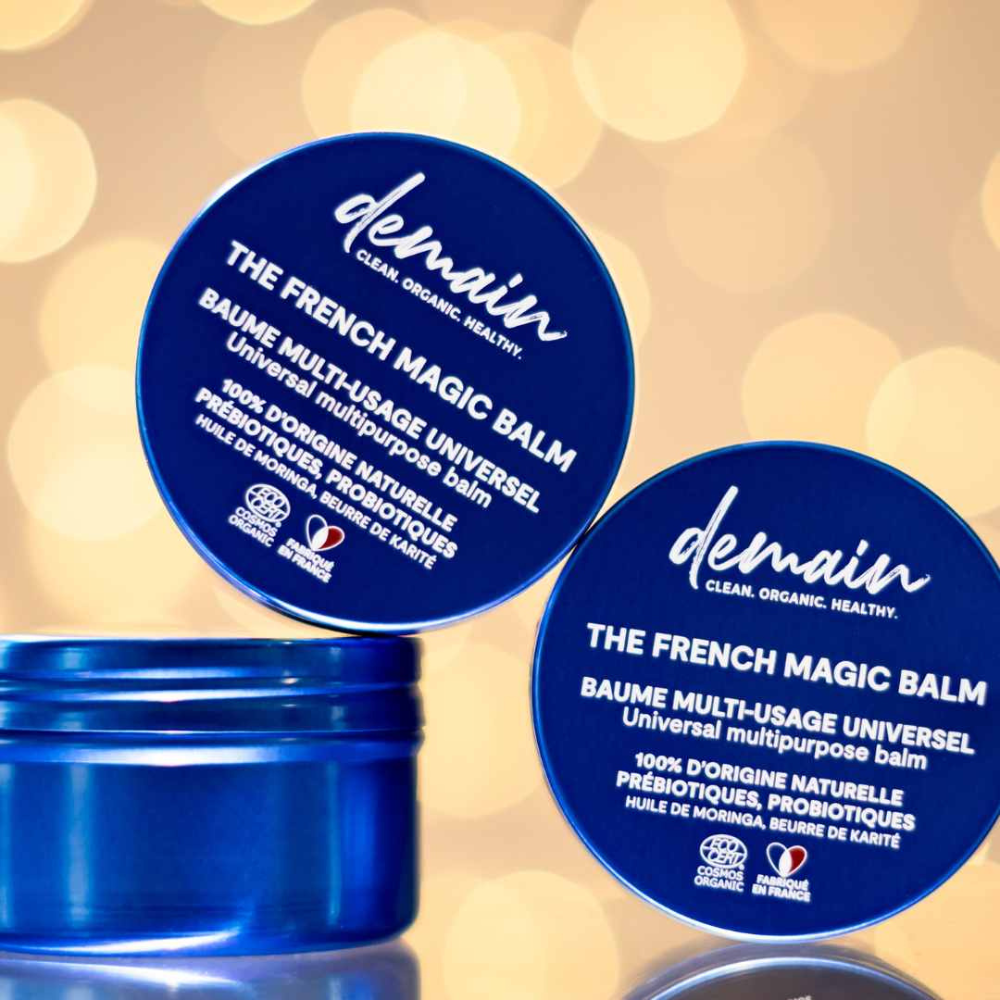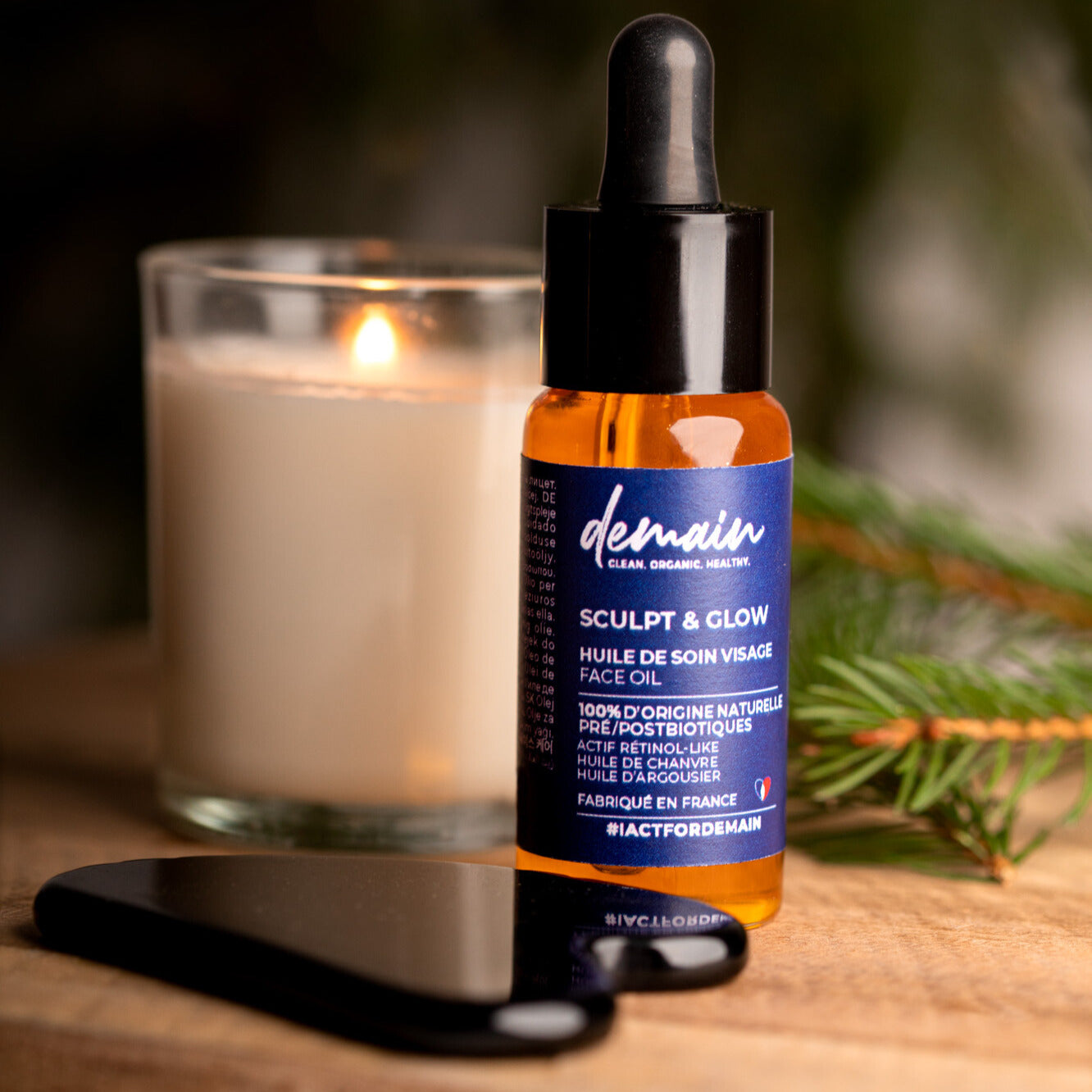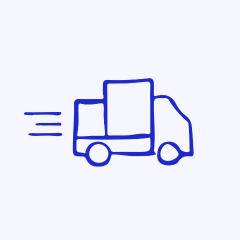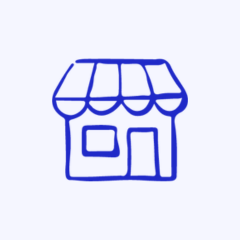More and more of us are paying attention to what we put on our plate and on our skin. And turning to labels can be tempting. That's good, organic labels are springing up like mushrooms! AB, Eurosheet, Nature and Progress, Bocoherence , Demeter , Ecocert , Natrue , Ecocert Cosmos Organic …
But how to navigate through this maze of organic labels? What guarantees do they provide? How to choose the label that best corresponds to our values?
WHY ORGANIC CERTIFICATION?
Since the Glorious Thirties, industrial agricultural production has intensified. From planting to harvesting, the whole process has become mechanized. To have a positive yield, farmers began to use very harmful products. Certainly, the production has become abundant, but the quality of the products has decreased. Several Canadian, American and British studies show that our foods have lost nutrients since 1950. In " Still No Free Lunch”, Brian Halweil , researcher at world watch Institute, speak even “empty calorie” to express the intense loss of nutrients in our food. An apple from 1950 would have the same energy properties as 100 apples today.
The environment has therefore become a global priority since the 1970s and organic labels have begun to flourish. But what does the organic label correspond to exactly?
WHAT IS ORGANIC CERTIFICATION?
The organic label means that the farmer behind the product has followed the organic farming method, that is to say a production method that excludes chemicals used in particular by industrial agriculture.
The organic label is therefore a certification issued by private or public bodies which all have a different requirement charter. The applicant must necessarily respect the charter of requirements of the organization and submit to a control in order to obtain the Organic Label.
Thanks to the labels, no more pesticides or GMOs in our products and cosmetics! In addition, they make it possible to trace the labeled product, top not? But suddenly, what are these organic labels?
WHAT ARE THE ORGANIC LABELS?
There are a multitude of organic labels nowadays so much confusion reigns on the shelves of supermarkets. So how can you tell them apart? We have listed for you the organic labels issued by private and public organizations.
GOVERNMENT LABELS
European organic labels have one thing in common, that of meeting the requirements of European regulations in terms of respect :
- Of the environment,
- Biodiversity
- Animal welfare.

Euro-sheet and AB
Since July 1, 2010, the Euro-feuille logo has been used for products that meet the specifications for organic production in the European Union. This community logo is mandatory for organic food products.
Created in 1985, the historic French label AB (Organic Agriculture) has very strict criteria which have become more flexible over the years and in particular since the appearance of the European Organic Label.
Today, the AB label is optional and is often affixed to the Euro-feuille logo on a label or on a communication medium after authorization from Agence Bio. Why put both if they mean the same thing? Consumers would have more confidence seeing the AB label rather than seeing the European counterpart.
These two organic labels guarantee:
95% or more of the ingredients come from organic farming respecting European regulations.
No use of synthetic chemicals (pesticides, fertilizers, weedkillers, etc.)
No use of GMOs
Animal welfare (transport, breeding conditions, slaughter, etc.)
For processed organic products, the amount of GMO must not exceed 0.9% (a product can obtain during processing up to 5% GMO ).
Namely : this rule also applies to food products intended for animals or seeds.
PRIVATE LABELS

Nature & Progress
The latter guarantees, in addition to the AB criteria, respect for farmers.

Organic Coherence
Guaranteed in addition to the AB criteria, respect for farmers and a French origin.

Demeter
In addition to the AB criteria, this label guarantees the principles of biodynamics.

High Environmental Value
It is not an organic label.
Nevertheless, it guarantees a limited use of fertilizers and pesticides and promotes biodiversity.

Fatrade Max Hevelaar
It is a fair trade label, which guarantees a contribution to the economic and social progress of producers (fair price, decent income, possibility of asserting their rights ).
ORGANIC COSMETICS LABELS
Non-food products such as cosmetics or textiles do not fall under European organic certification, but under private certifications. These approaches each have different criteria, in particular concerning the quality of the materials and the authorization of certain products.
In the case of cosmetics, what labels apply to our creams?

European Ecolabel
It guarantees that our shampoos/conditioners, for example, respect the environment throughout their life cycle (limitation of toxic discharges, limitation of packaging, ban on the use of parabens, etc.) .
It ensures that the product has the same effectiveness as an unlabeled shampoo/conditioner, which is not bad!

Ecocert , the label that goes further
This is the first label to focus specifically on cosmetics. A product labeled Ecocert guarantees the absence of GMOs, parabens, phenoxyethanol , nanoparticles, silicone, PEG, and synthetic fragrances and dyes, as well as the biodegradable or recyclable nature of the packaging.
In all cases, a minimum of 95% of the total ingredients must be natural or of natural origin and a minimum of 10% of the total ingredients from organic farming.

Ecocert Cosmos Organic
The most demanding organic international cosmetics label
Cosmetic Organic Standard (Cosmos) results from a desire by Germany, France, Italy and Great Britain to harmonize the level of requirements and the certification rules for organic and natural cosmetics, at European level.
A French product labeled COSMOS is necessarily also Ecocert and offers the same guarantees. However, it is necessary to differentiate between the label Ecocert Cosmos Natural for which the minimum of total ingredients from organic farming is 10% , from the label Ecocert Cosmos Organic for which this minimum is 20% making this label the most demanding in organic terms.
Nature & Progress
In terms of cosmetics, this mention ensures extremely precise control, because each ingredient contained in a product must itself meet the criteria of the Nature & Progrès charter. A particularly demanding specification, because it includes also a social and solidarity aspect, favoring in particular short circuits.
This label is similar to the E cocert label with a few variations, the ban on the use of palm oil for example.
Demeter
This label guarantees that our cosmetics respect the environment throughout their life cycle. (limitation of energy consumption, limitation of substances dangerous to human health, etc.) .
It guarantees that the ingredients come from biodynamic agriculture that respects the natural cycles of animals, plants and soils.

Natrue : The war on green washing
Formed by a group of manufacturers of natural and organic cosmetics, Natrue 's objective is to provide consumers with the highest level of requirements regarding the ingredients of their cosmetic products. The label guarantees that at least 75% of all products in a labeled series (brand or sub-brand) meet their requirements.
This is called range labelling, its purpose is to counter green washing strategies which consist of a brand communicating excessively on the natural and organic aspect of one of its products by expecting a halo effect on the whole. of its range.
Natrue carefully examines the composition of each product. For a simplified view of the consumer, Natrue products are classified into 3 categories: natural cosmetics, natural cosmetics with a portion of organic, and organic cosmetics.
ORGANIC LABELS FOR TEXTILES

OEKO-TEX 100
This is the label we come across the most! This organic label has been valid worldwide since 1992. A certified fabric Oeko-Tex® Standard 100 is controlled at each stage of its production and processing. This system therefore makes it possible to eliminate all tracks chemical and harmful substances in the tissues.

Global Organic Textile Standard ( GOTS )
This well-known label certifies the organic origin of textiles: they must be composed of at least 75% of organic material. At all stages of production, the processes are eco-responsible and respectful of the environment. This organic label is very reliable in the textile sector.
Several eco-responsible clothing brands have already received this certification ( Cam&Line , Hush …) . The label GOTS is therefore even more demanding than the certification OEKO-TEX 100.
All the organic labels and organic certifications mentioned above are recognized in France, in Europe and in certain foreign countries. However, there are organic labels specific to each country. Organic labels in the United States do not have the same specifications as ours, such as USDA Organic , for example. For this label, American products are classified under three distinctions:
100% organic label: 100% from organic farming.
Use of the term “ Organic ”: 95% of the ingredients are organic.
Use of the term " made with organic ingredients " : 70% of the ingredients are organic.
This applies to the food industry as well as to cosmetics. So be very careful: it is not because a brand announces that its product is “ organic ” and that it really comes from 100% organic farming.
CONCLUSION : ORGANIC LABELS, WHAT TO REMEMBER?
Start by differentiating food labels from labels for other product categories.
Choose the organic label that best matches your values (short circuits, biodynamics, organic farming, fair trade?)
If you are looking for an organic product, prefer the strictest organic labels, Ecocert cosmos bio or Nature & Progrès, for example for cosmetics. These last two having in common to impose a minimum of 95% of ingredients of natural origin on the finished product, without counting the water. According to Cosmos Organic, the organic products must also contain 20% minimum of ingredients from organic farming in total to be labeled ( 10% only to Ecocert ) .
And of course read the labels! Organic ingredients are often indicated with an “ * ”.
In addition, think of the organic labels which make it possible to avoid the greenwashing used to go go these days ! ( Natrue )
To find out more, do not hesitate to consult the ADEME website ( the Environment and Energy Management Agency ) . The agency has listed the main guarantees of the labels mentioned above by type of product: feed, products maintenance and cleaning, hygiene and beauty, clothing and footwear, furniture, bedding, home textiles, DIY and decoration, stationery and supplies, multimedia, games and toys, accommodation.
AND THE PRODUCTS OF DEMAIN® THEN?

For Demain® , we have made the choice for our cosmetics of the label ecocert Cosmos Organic , the most demanding organic cosmetics label. And we weren't satisfied with 95% ingredients of natural origin and 20% minimum organic ingredients.
Demain® cosmetic treatments contain 100% ingredients of natural origin and a minimum of 61% ingredients from organic farming.

Food supplements Demain® contain 79% minimum of ingredients from organic farming. The 20% remaining are vitamins and probiotics No certifiable .
